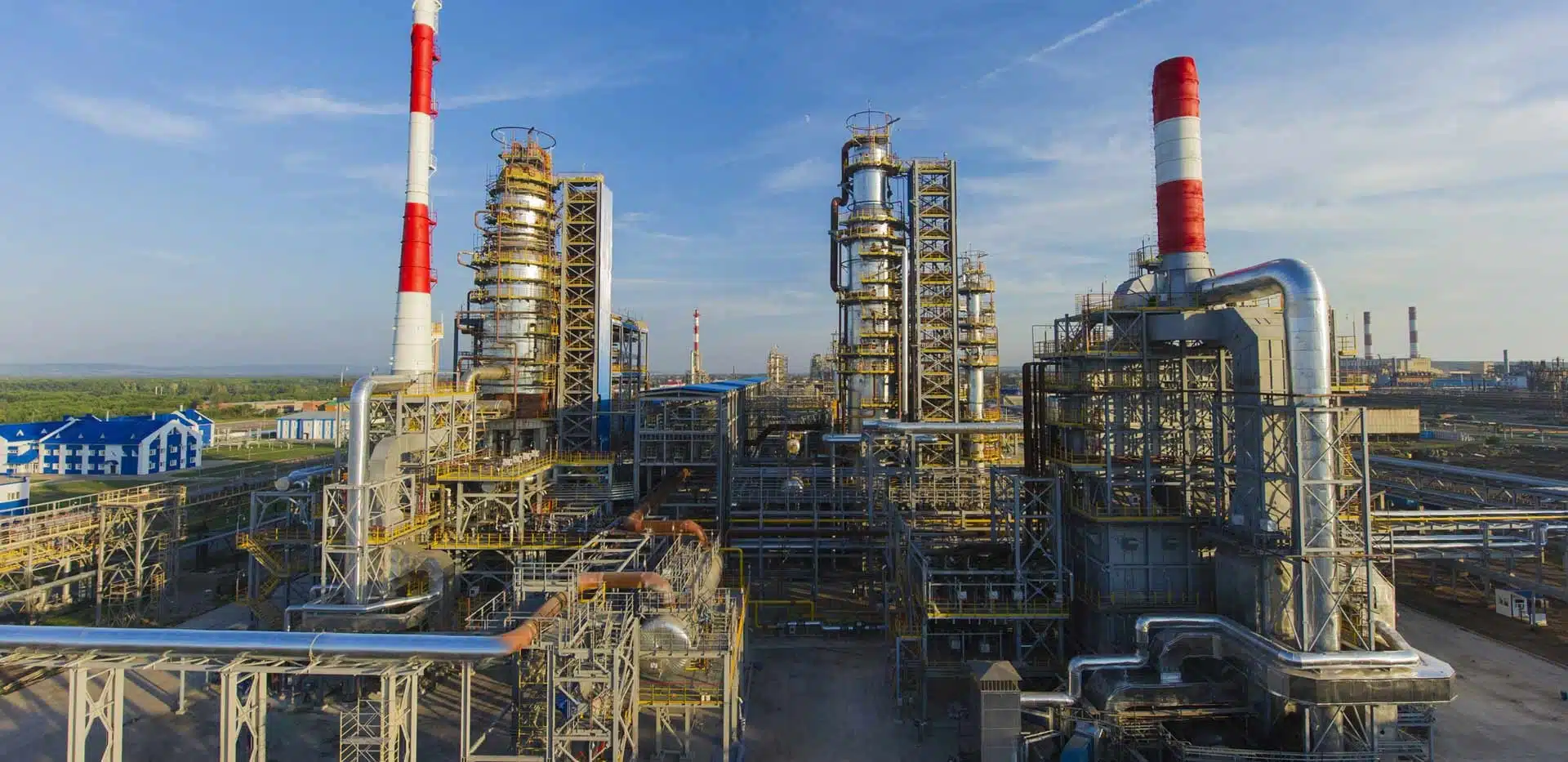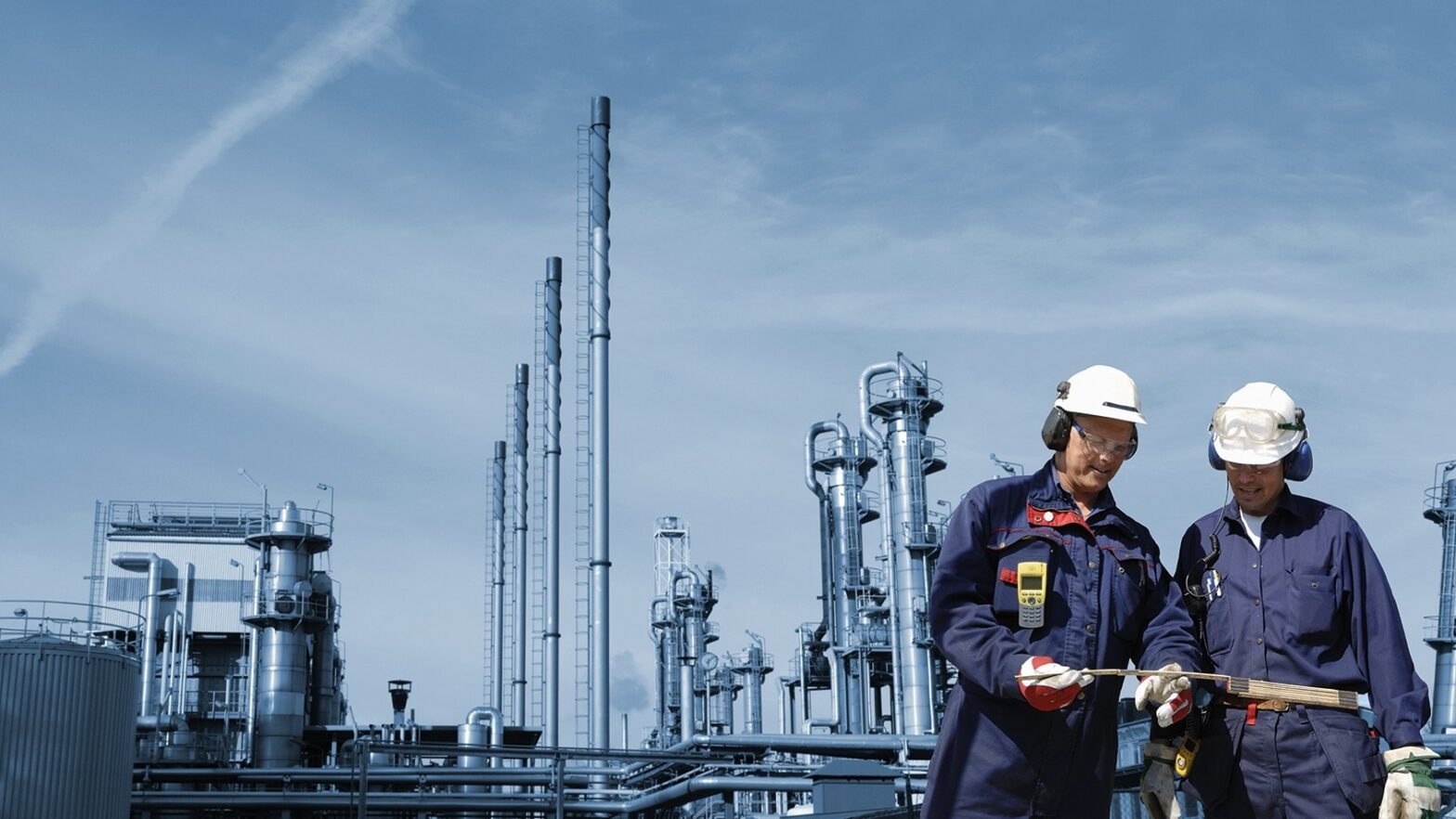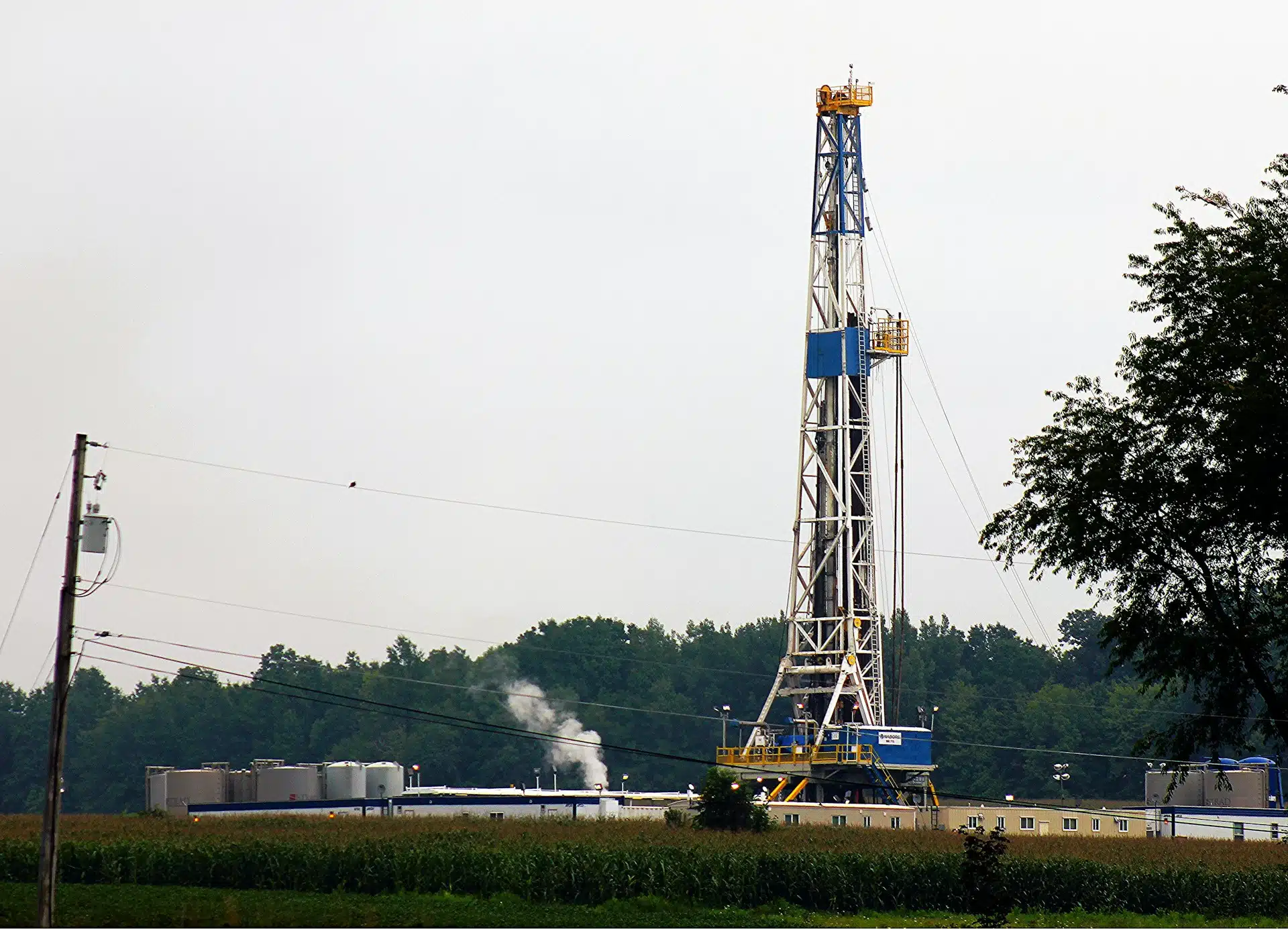South African oil firm’s, Sasol’s, shares are on track for their worst annual performance ever as investors consider proposals by the largest fuel and chemical manufacturer in South Africa to lower operational and environmental risks.
This was announced by Sasol on Monday, per a report by Bloomberg.
Sasol plans to lower emissions 30% by 2030, which hinges on replacing some of the dirtiest fossil fuel with gas, but Sasol’s gas fields in Mozambique are in decline.
The company has initially reduced natural gas production at its central processing facility in Temane, Mozambique, earlier in the previous week due to escalating unrest following disputed elections.
The reduction in gas output was to ensure the safety of its staff, service providers, communities, and assets amid widespread post-election unrest, according to Alex Anderson, a Sasol spokesperson.
The Johannesburg-based company majorly uses coal as part of a synthetic production process at its Secunda operation, which is the world’s largest single-point emitter of greenhouse gas.
This need to lower emissions comes after the National Air Quality Officer in 2023 declined its application to be regulated on an alternative emission load basis for the sulfur dioxide (SO₂) emissions from the boilers at its Secunda operations’ steam plants from April 1, 2025 onwards.
Chief Executive Officer Simon Baloyi, who took over in April, has a struggle as Sasol’s shares continued to decline on Monday, hitting an all-time low of 56% for the year.
Environmental organizations have criticized Baloyi’s suggestion that the company’s emissions target would be more attainable as a range in remarks to a local newspaper.
Baloyi also stated that the company would review its assets after booking 56.7 billion rand ($3 billion) of impairments on its US and South African operations.
Baloyi further commented about the company’s step that:
“Appear inevitable, given the company’s need to reduce coal use to meet emissions-reduction targets.”
The company has a “large exposure to carbon transition risk,” which requires significant investments, Moody’s Ratings said in a periodic review report on October 10.








